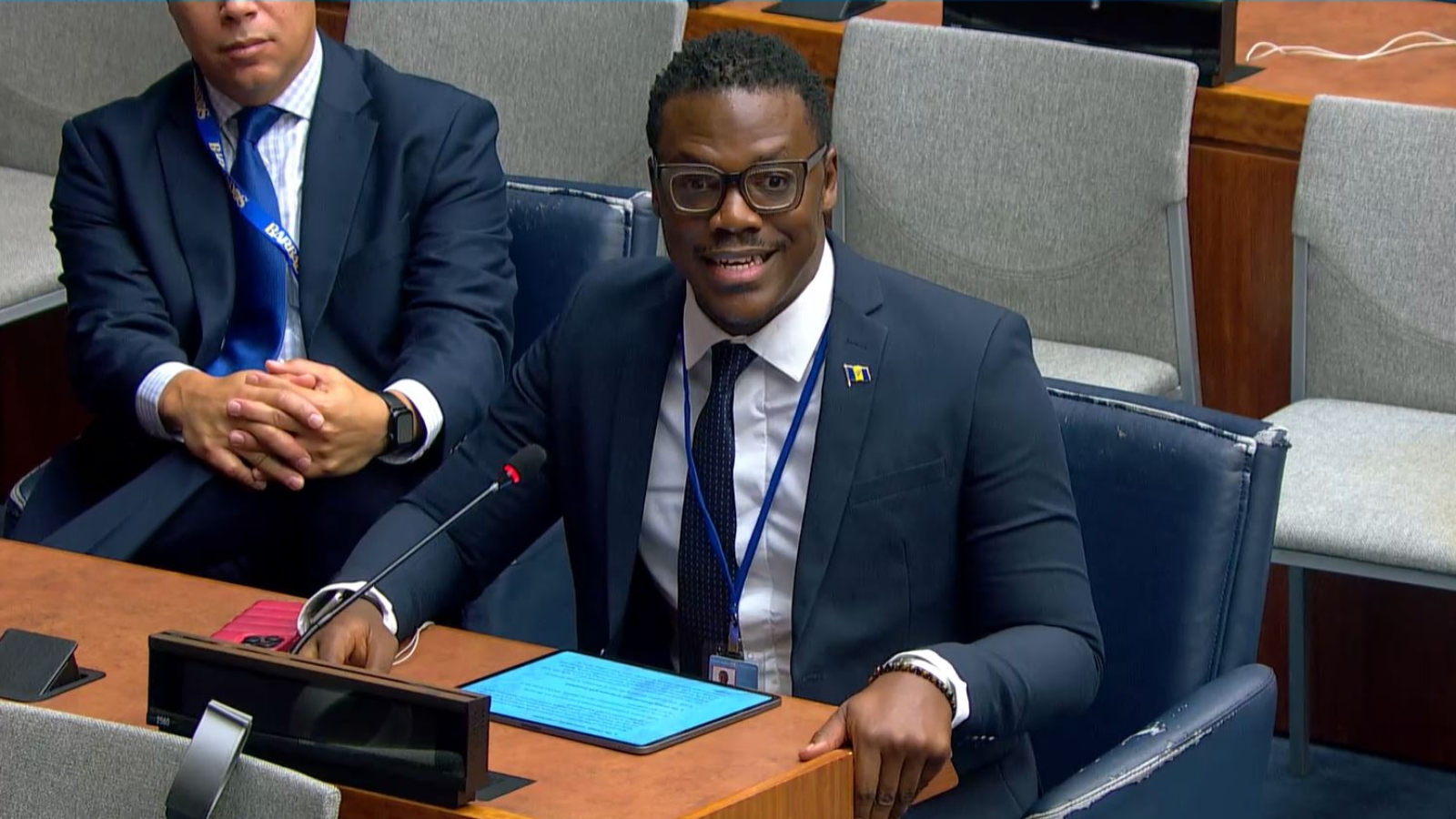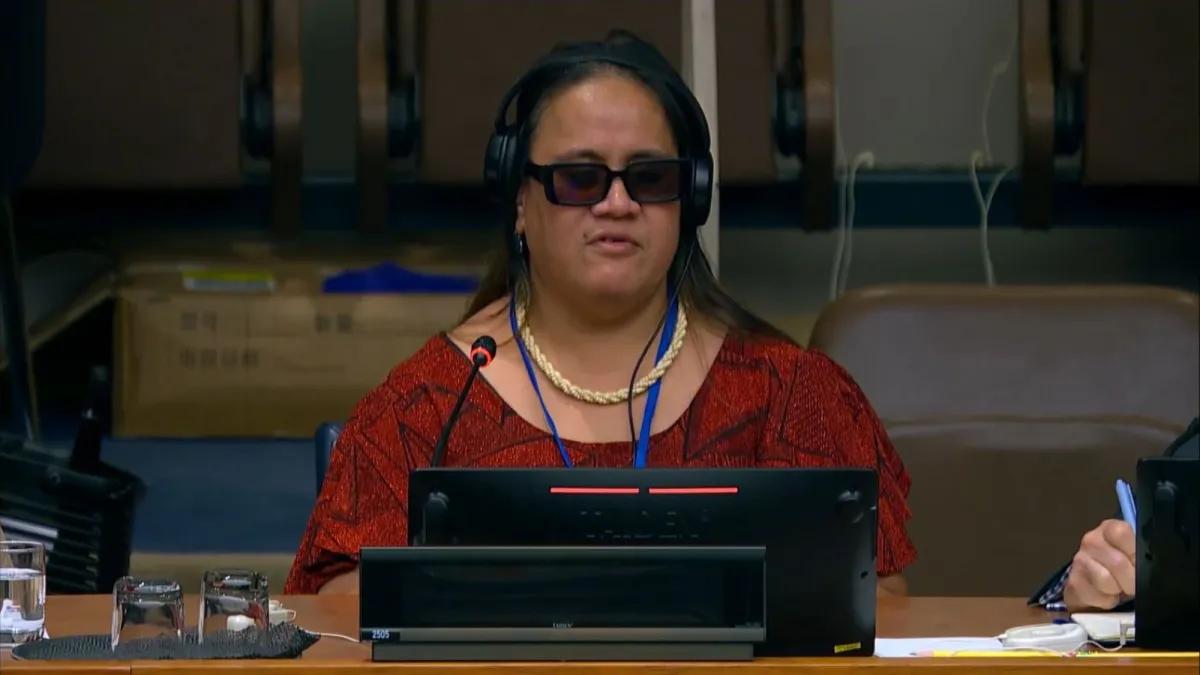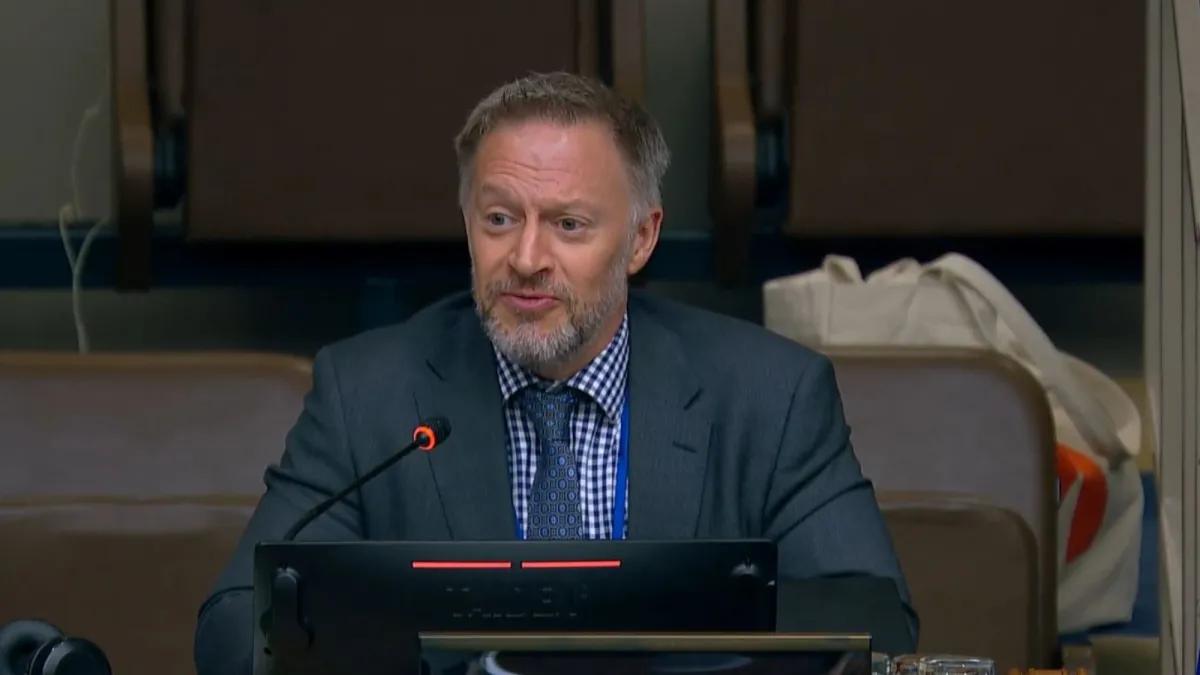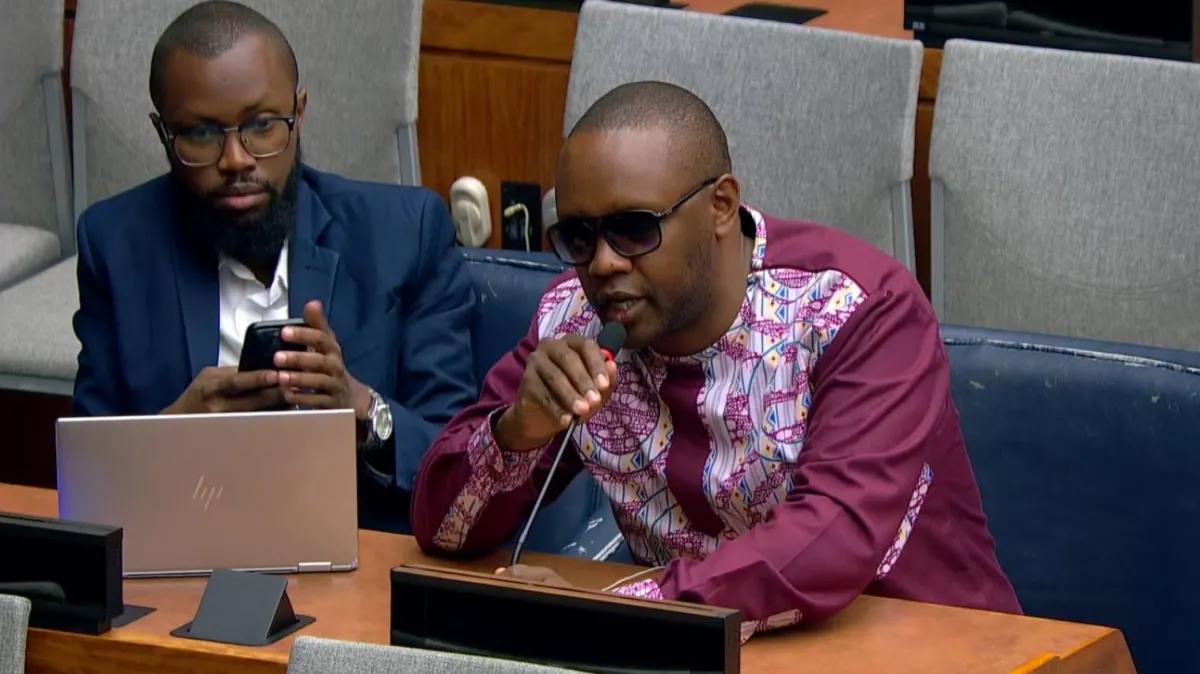
At the 18th Session of the Conference of States Parties to the Convention on the Rights of Persons with Disabilities, the Commonwealth Secretariat and the Commonwealth Disabled People's Forum (CDPF) co-hosted a high-level side event on the critical importance of disability inclusion in emergencies and climate change.
Why it Matters
Persons with disabilities are among the most adversely affected during crises - yet often among the least consulted in planning and decision-making. Disasters, whether sudden or slow in onset, can severely limit access to vital services such as food, water, healthcare, housing, and education. These impacts are compounded by intersecting forms of discrimination based on gender, age, displacement, and other factors.
In small island developing states - many of which are members of the Commonwealth - climate change poses an existential threat. Inclusive, resilient systems are not just a human rights imperative, but a matter of survival.
Article 11 in Action
This event explored the implementation of Article 11 of the UN Convention on the Rights of Persons with Disabilities (CRPD), which mandates state parties to take “all necessary measures to ensure the protection and safety of persons with disabilities in situations of risk.” This includes natural disasters, armed conflict, and humanitarian emergencies.
Speakers also reflected on the principle of meaningful participation, outlined in Article 3 of the CRPD. Without including persons with disabilities in the design, execution, and monitoring of climate and emergency policies, resilience remains out of reach.

A Cross-Commonwealth Dialogue
Moderated by Justin Pettit, Acting Head of the Human Rights Unit at the Commonwealth Secretariat, the panel brought together powerful voices from across the Commonwealth:
- Senator Andwele Boyce, Barbados Parliament
- Sarah Kamau, United Disabled Persons Kenya & Chair, CDPF
- Faatino Utumapu, Nuanua O Le Alofa (Samoa)
- Patience Ogolo-Dickson, Advocacy for Women with Disabilities Initiative (Nigeria)
- Clare Gibellini, Australian Federation of Disability Organisations
- Abia Akram Special Talent Exchange Programme (Pakistan)
- Rasanjali Pathirage, Disability Organisations Joint Force (Sri Lanka)
- Erick O. Sande, United Disabled Persons of Kenya

The session concluded with remarks from Richard Rieser, General Secretary of CDPF.

Key Themes & Takeaways
- Inclusive policy-making is essential: Persons with disabilities must be directly involved in emergency preparedness and climate planning at every level.
- Intersectionality must guide implementation: Solutions must address the compounded challenges faced by women, children, and marginalised groups with disabilities.
- Partnerships are powerful: Collaboration between states and disabled people’s organisations strengthens impact and sustainability. A call to action

With more than 400 million persons with disabilities living in the Commonwealth, the urgency of translating commitments into action cannot be overstated. The side event underscored the need to close the gap between the promise of the CRPD and real-world implementation.
True resilience is inclusive. And in the face of increasing climate threats and humanitarian crises, disability-inclusive responses are not optional - they are essential.
UN WebTV Recording: Watch here
 Welcome to the United Nations
Welcome to the United Nations